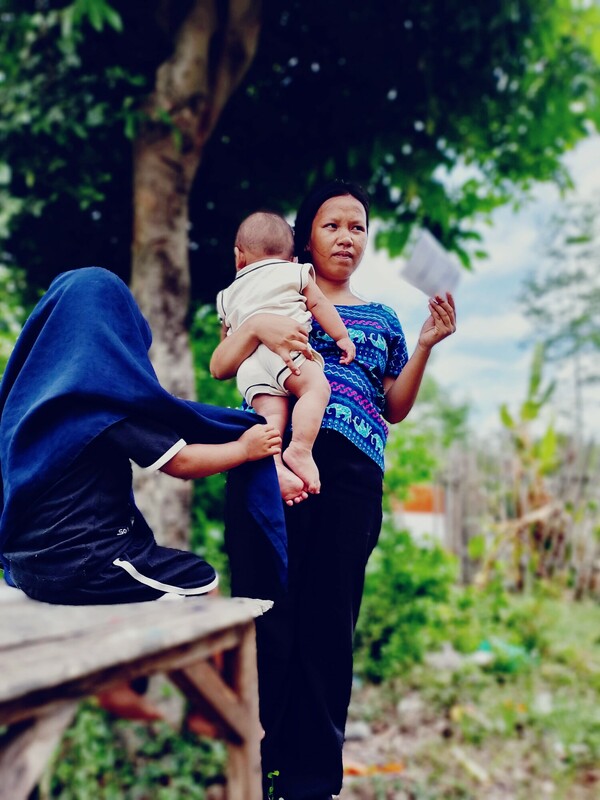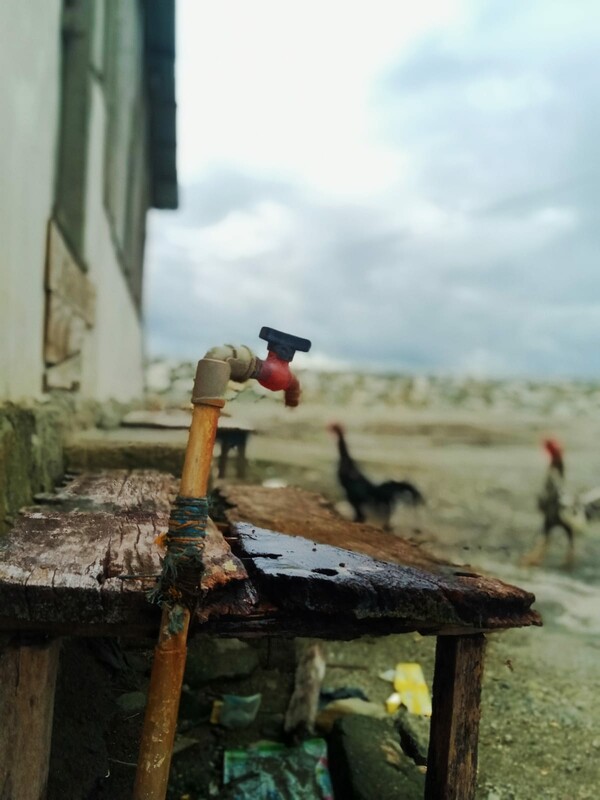In many rural coastal villages across Indonesia, the reality of the climate crisis is impossible to ignore. The communities are struggling with extreme heat and constant tidal flooding. In the Sigi and Donggala regencies, located about 2,204 km from the capital city, Jakarta, crop failures and water shortages are becoming everyday challenges.
However, most villagers are still unaware of how deeply the climate crisis is affecting their reproductive health. A study conducted by Ipas Indonesia collaborating with Hasanuddin University demonstrated that climate change is a significant contributing factor to the rise in child marriage, including menstrual hygiene and family planning challenges. Nevertheless, the communities perceive this trend as a continuation of previous patterns.
It is challenging to raise awareness about these issues due to low literacy levels, especially in rural areas in which access to education is limited. According to the Organization for Economic Cooperation and Development (OECD), Indonesia ranks 70th out of 81 countries in literacy.
To address this, Ipas Indonesia collaborated with 20 young people from Sigi and Donggala regencies to capture the impact of climate change on reproductive health through five days of photography training. The workshop aimed to strengthen the youth’s capacity to understand the impact of climate on reproductive health.
We used a visual approach to stimulate their critical and creative thinking. The participants learned how to take powerful photos, write compelling stories, and go on field assignments to document climate change impacts.
What participants captured from the training

Faradiva Aulia Azmi’s eyes welled up with tears as she showed the photographs she had taken in her village. The person in the photograph on the left is her neighbor, Siti, who was forced to marry at the age of 15 due to economic circumstances.
“My friend’s family sold their farmland because of the drought. She felt sorry for her family due to the lack of income caused by the drought. Then, she decided to get married. She hoped that by getting married, she could lighten her family’s burden,” said Faradiva.
Siti was forced to drop out of school shortly after getting married. Her marriage happened not out of her own will, but out of necessity. Siti’s parents arranged her marriage at a very young age to ease the family’s economic burden. They had sold the family land due to the impact of the climate crisis and switched professions from farmers to sellers of binte biluhata (corn soup).
Aditya, another participant, shared a similar story. He interviewed his friend who was forced to marry as a child because her parents could not afford to support her. Their income as farm laborers had dwindled due to extreme weather caused by climate change, leading to crop failures.
‘Water taps should be a source of life for everyone.’
Other photos and narratives showed that the climate crisis has impacted water sources, forcing people to travel further from home in search of clean water.
In rural areas, the climate crisis has placed a double burden on women. They are not only responsible for caring for their children but also for providing water for the family. They frequently travel far to the nearest town to get the water because their village is flooded.
Another participant, Gilang, interviewed a woman who had to travel to the river to gather water. However, it did not guarantee that the water was clean because tidal flooding had contaminated the river. Consequently, women in that village suffer from urogenital infections caused by bathing in contaminated water.
Photo and story on right by youth workshop participant Maydi Sogina:
Water taps should be a source of life for everyone. However, the reality is quite different. Many residents living in the village face problems with the availability of clean water. The water is rusty. Many women in the village experience bacterial infections (from using contaminated water).

Youth’s voice: Reflections from the Ipas Indonesia team
What is intriguing about the photography training workshop is seeing how young people connect with their discoveries through photos. These snapshots not only deepened their understanding of how climate affects reproductive health but also help make the complex topic of climate change more accessible to viewers.
Moreover, the participants shared that they felt validated in expressing their views on climate change, which are often overlooked because their voices are not often heard in their villages. The discussion on climate change usually revolves around livelihoods, but their insights add a valuable, personal perspective to the conversation through this training and their photos.
After witnessing their enthusiasm, we are optimistic that these young participants are now more motivated to educate others on the impact of climate change—especially on reproductive health.
Ipas Indonesia is dedicated to amplifying youth voices and showcasing grassroots aspirations through photos produced during the workshop on a national platform. We aim to elevate them to participate in policy discussions and other awareness-raising events.



